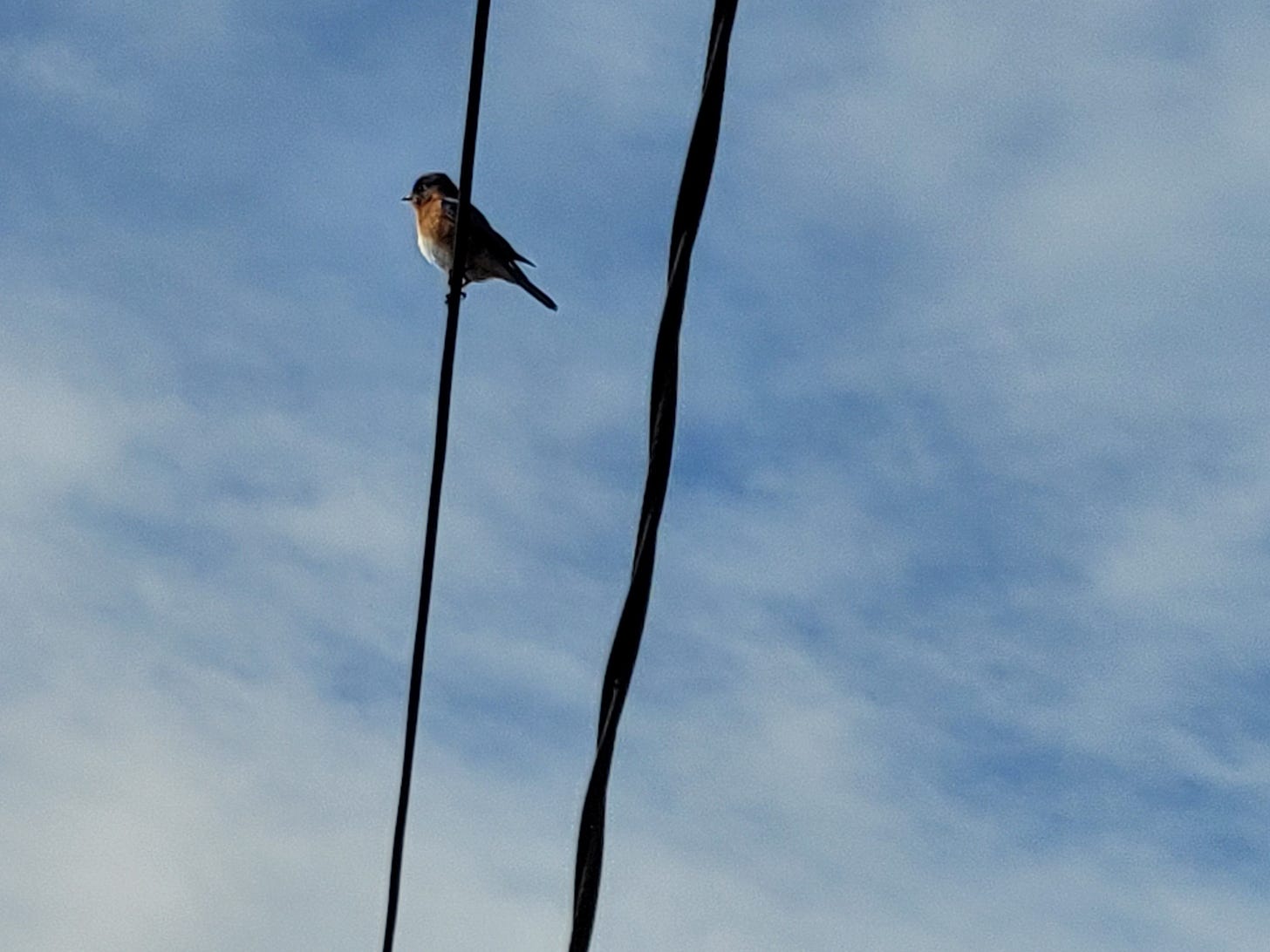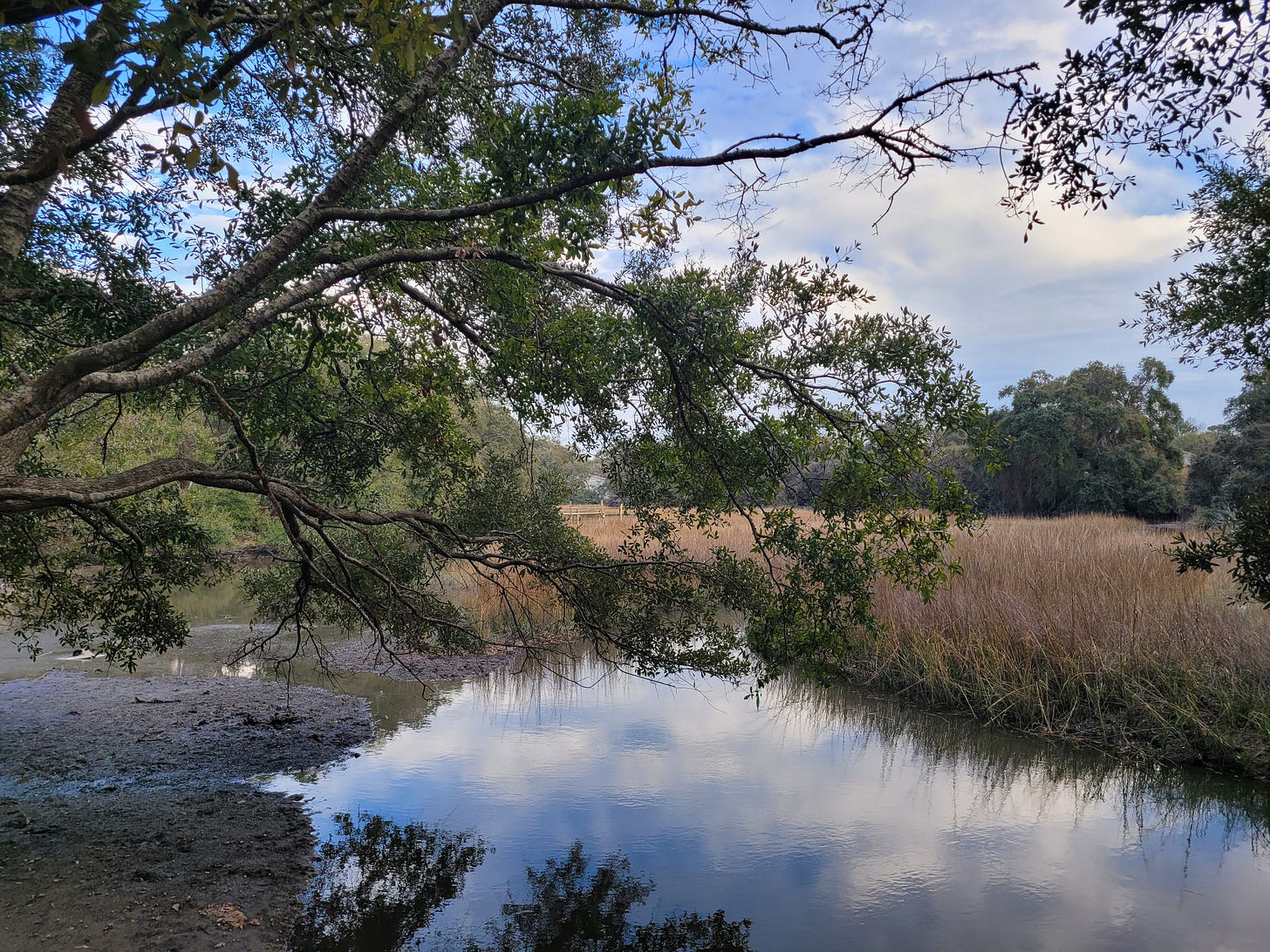I Quit Social Media: Finding Peace, Quiet, and Time Without the Internet
Quitting social media cold turkey wasn't easy, but I knew I needed to so I could prioritize my mental health.
On February 15, I deleted every social media app from my phone. Everything’s gone. All I can do now is play The New York Times games, watch YouTube videos (which is not a quick activity), listen to podcasts, audiobooks, and music, and read on my Kindle. There’s not much scrolling, let alone doomscrolling, to be done.
At first, I struggled with this and kept reaching for my phone to check Instagram, and every single time I was left staring at the empty space where Instagram should be. I don’t even know what I wanted to do on Instagram. As the days without social media access on my phone went on, I reached for my phone less and less. There was nothing to do unless I wanted to play a Sudoku puzzle and, honestly, that’s not the kind of brain rot activity I was looking for during my lunch break.
As I’ve dived deeper into not having social media (I still allow myself to use it on my computer — but it’s rare that I reach for it), I found myself slowing down. The time crunch I experienced in my day-to-day life lessened. My anxiety about the geopolitical situation in my country also decreased, but not without difficulty.
I think, for many people, social media is hard to let go of because we feel we won’t be informed on what’s happening or that we will miss out on some crucial piece of information.
The Anxiety of Preparation & Not Knowing
Five days after I removed myself from social media’s clutches (on my phone), I wrote the following in my journal:
I fear that purposefully being disconnected will hurt me in the long run. If I am choosing to not engage, then will I be surprised by the actions of this administration? It’s hard to think about things getting worse, and I wonder if my insistence to not know will somehow leave me unprepared for what is to come.
So, obviously, this journey has not been rainbows and sunshine, and I’ve been ruminating on that passage in my journal over the past two weeks.
What if something happens and I need to know? Is it a privilege to be able to ignore all that is happening to preserve my own mental health? How do I contend with the fact that many people, including those I know and care about, are supportive of some or all of the policies and actions taken by our federal government?
The questions spiral into each other until I’m panicked and trying to think of preparations I can make. But in the same journal entry I asked myself if “there is merit in causing myself stress so I can be prepared in the long run? And prepared for what? It’s a great unknown at this point. And what, exactly, would this preparation do for me?”
I don’t know the answer to my questions and I don’t think it is possible to answer them. I think this often relates to my inability to be fine not knowing the future. Even as a child I dreamed that I could be psychic so I could just know everything, all of the time. I’m not content to sit and wait and hope good things happen or wait for bad things to happen or not know when neutral things will happen.
But, as I’ve sat with that conflict — of feeling unprepared and uninformed — I’ve realized, over the past few weeks, that I’m neither unprepared nor uninformed. I’m just unengaged in online panic. I still read NPR everyday and listen to a few current events podcasts. I have a friend who keeps me updated on the state of certain federal agencies. I’m reading books relevant to the state of affairs.
But the panic is gone because I’m not seeing anyone else’s.
The Peace of Time & Quiet
Three weeks after removing social media from my phone, I still reach for Instagram, sometimes, but mostly I find myself not using it all — not even on the computer. Every few days I log on to check my DMs and look at recipes I collect in a saved folder and… that’s about it. My ritual with Facebook is about the same. I log on, look at my notifications, check my local buy nothing group, horror book club group, and neighborhood group and then I click off.
It’s weird to have reached this point of just not caring about it.
And I’m surprised to have reached it. Being a writer, I’ve always thought that I needed to have an active online presence, specifically active social media accounts, to make it and share my work. But I’ve realized that if a company doesn’t want to publish my work because I don’t have an active social media presence, then whatever. Instead, I can spend more time writing, growing this newsletter, and submitting and pitching writing.
The constant buzz of my need to look or post has settled and my mind is quieter now. It’s a little unnerving sometimes, but I like it.
And time is more peaceful, its stretches uninterrupted by my desire to be distracted, even though I’m not a person who wants to be distracted. I’m not looking at my email in the middle of my walk — email apps are still on my phone — because the desire to reach for it is gone. I can listen to my audiobook and the sounds of the birds and walk and walk and walk and for some sweet, sweet moments, be part of the world I am physically present in.
Why I Just Quit Cold Turkey (Kind Of)
I don’t like to take a holier-than-thou approach and I know many people feel the need to keep social media to connect with friends and family who maybe live far away or they don’t see often. Some people want to find better recipes or knitting patterns or DIY craft ideas. Everyone has a different use, and I’m not saying that using social media is bad. Like I mentioned, I still allow myself to access it on my computer.
But, I do want to say that before I removed social media from my phone, I had a social media timer of thirty minutes to split between Facebook, Instagram, Threads, and Bluesky — and even though I was only using that short bit of time, cutting down on time wasn’t enough. The reflex was still there, and instead of feeling free by not having the option if I ran out of time, I’d often instead feel frustrated or that I needed to move through posts even more quickly so my precious minutes would be worth it.
I’m a person who considered myself, for a long time, “chronically online.” I’ve spent the better part of my teenage years and adulthood engaging with online platforms like a hobby: crafting posts, posting, commenting, and spending time during my day just thinking about what I could post to garner likes, reposts, and attention. Being chronically online was part of my personality, and now I realize how sad it is to define myself by the amount of time I spend in the attention ecosystem.
Because to me, that’s what it has become. I see posts from friends and family, sure, but I also contend with ads and promotions and other things that attract my attention and ask me to want more than I have.
Even just a few weeks of breathing space from the hold of social media has changed my perspective. I am still angered, concerned, and upset by the current geopolitical nonsense, but I’m also excited to plant my garden and write in my journal and go on walks and write and knit.
I don’t want fear and the stronghold the internet has on my attention to be the hallmarks of my life. And now, they’re not.
I had to just delete everything all at once because extracting yourself from the ecosystem means stepping out of it entirely. Allowing myself to wade into the waters, even for only thirty minutes, wasn’t doing me any favors.
And to be clear, I’m not a Luddite. I still regularly use web search (I switched from Google to DuckDuckGo) to look up things I’m interested in, I still watch YouTube videos with some of my free time, and I still love to write and post and engage with people, but now I’m in control of my own attention and my own time.




These tools feel less and less useful. We don't benefit from them as much as they benefit from us. I'm still trying to figure out how I need to use social media. But reading your post has given me some good ideas and I appreciate your vulnerability!